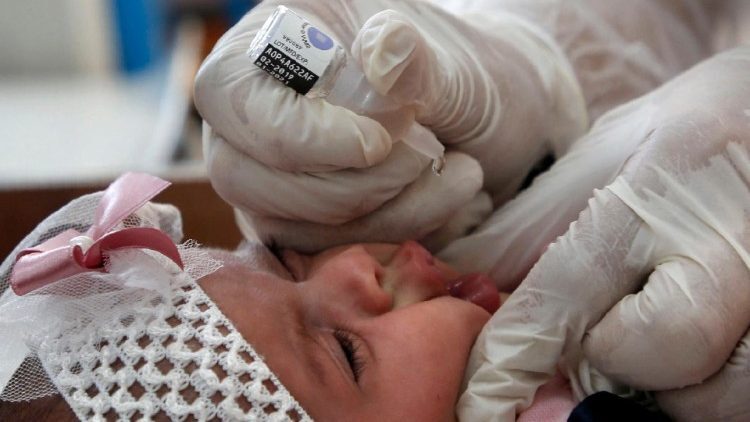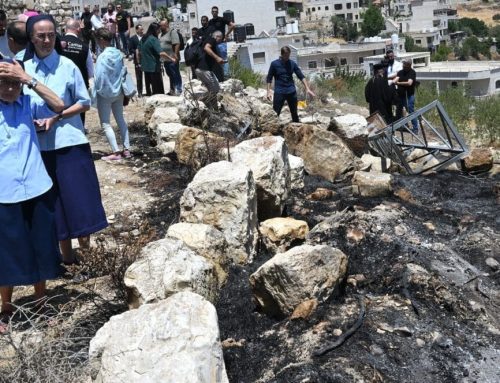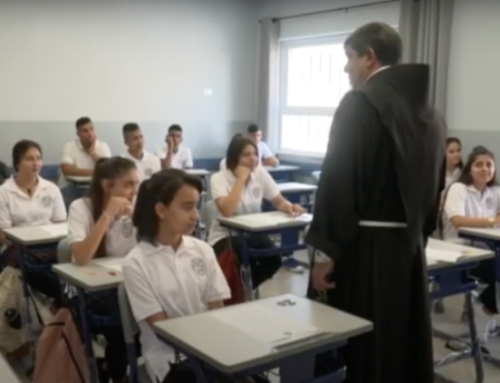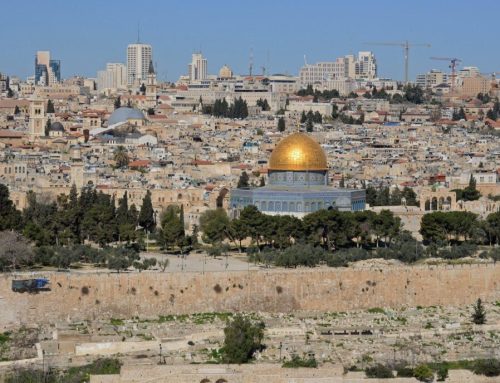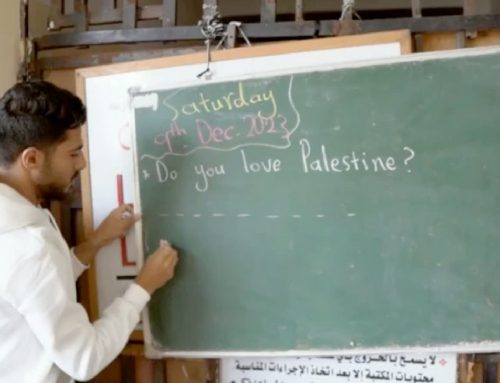UN agencies say a break in fighting would allow children and families to safely reach health facilities and community outreach workers to get to children who cannot access health facilities for polio vaccination.
Without the humanitarian pauses, the delivery of the campaign will not be possible.
As it stands, two rounds of a polio vaccination campaign are expected to be launched at the end of August and September across the Gaza Strip.
During each round of the campaign, two drops of novel oral polio vaccine type 2 will be administered to more than 640,000 children under ten years of age.
Warnings of an iminent outbreak
For the last month, warnings of an imminent polio outbreak in Gaza have been growing.
With traces recently found in wastewater, it is believed that the virus may be circulating.
Due to major problems with the fresh water supply, sewage disposal and the severely weakened health system, the risk of spread is very high. In emergency shelters, hundreds of people share one toilet, with each person having less than two liters of water per day at their disposal.
Vaccination can be an effective prevention strategy
Polio can be a life-threatening disease, it mainly affects infants and children under 5, but anyone who is unvaccinated can catch it.
There is no cure for polio, but extensive vaccination can be an effective prevention strategy.
It is very contagious and spreads from person to person — usually, when someone is in contact with the feces of an infected person and then touches their mouth – it is ingested through contaminated water or food.
The virus attacks the spinal cord and can cause irreversible paralysis in children.
Israeli army has already begun a large-scale vaccination campaign for its soldiers deployed in the Palestinian territory. The vaccination campaign applies to all ground troops, both regular and reserve troops.
By Nathan Morley / vaticannews

